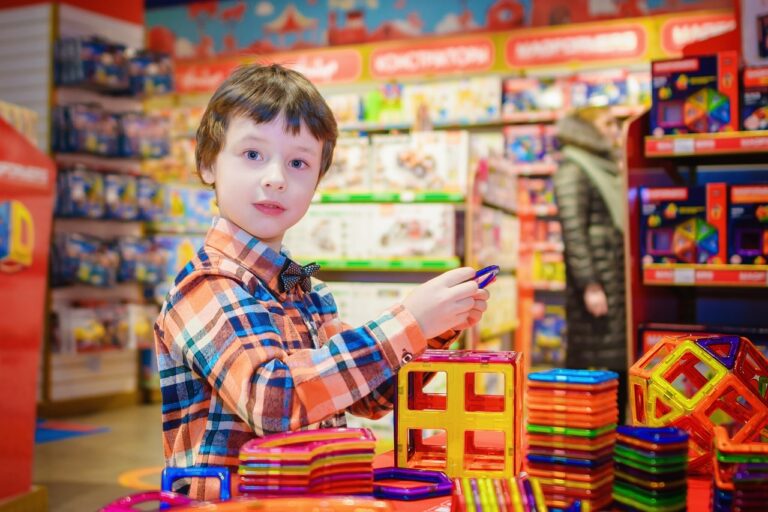The Psychology of Impulse Buying: Understanding Triggers and How to Resist Temptation
Impulse buying is a behavior that many consumers engage in without much forethought. It involves making spontaneous purchases based on immediate desires or impulses, rather than careful consideration or planning. These impulse purchases often occur in response to various stimuli, such as a sale, attractive packaging, or a sudden emotional trigger.
Consumers who engage in impulse buying may find themselves buying items that they do not necessarily need or had not planned on buying. This spontaneous behavior can lead to impulsive spending and financial implications. Understanding what drives impulse buying can help individuals make more informed decisions and resist the urge to make unnecessary purchases.
• Impulse buying is a common behavior among consumers
• It involves making spontaneous purchases without much forethought
• Stimuli such as sales, attractive packaging, or emotional triggers can lead to impulse buying
• Impulse purchases may result in buying items that are not needed or planned for
• This behavior can lead to impulsive spending and financial consequences
Factors Influencing Impulse Purchases
Impulse purchases can be influenced by various factors, one of which is the element of scarcity. Limited availability or exclusive offers can create a sense of urgency and lead consumers to make impulsive buying decisions. When faced with the fear of missing out, individuals may be more inclined to buy on impulse without thoroughly evaluating their needs or budget.
Additionally, the influence of social proof should not be underestimated when it comes to impulse purchases. Seeing others making a purchase or receiving positive feedback about a product can trigger a sense of validation and compel individuals to follow suit without rational consideration. The power of peer influence can sway consumers into impulsive buying behavior, particularly in settings where social validation holds significance.
Emotional Triggers in Impulse Buying
Emotional triggers play a significant role in influencing impulse buying behavior. When consumers are emotionally stimulated, their decision-making process can be clouded by feelings of excitement, happiness, or even stress. These emotional states can compel individuals to make impulsive purchases without thoroughly evaluating the necessity or practicality of the item.
Advertisements and marketing strategies are designed to evoke specific emotions in consumers, triggering impulsive responses. For example, using persuasive language, vivid imagery, or compelling storytelling can create a sense of urgency or desire in individuals. By tapping into consumers’ emotions, companies can effectively prompt impulse buying behaviors and drive sales.
What is impulse buying?
Impulse buying refers to the act of making unplanned purchases, often driven by emotions rather than rational decision-making.
What are some factors that influence impulse purchases?
Factors that can influence impulse purchases include marketing tactics, peer influence, time pressure, and mood.
How do emotional triggers play a role in impulse buying?
Emotional triggers, such as excitement, fear of missing out, or even stress, can lead to impulsive behavior and drive individuals to make spontaneous purchases.
Can understanding emotional triggers help control impulse buying?
Yes, by recognizing the emotions that trigger impulse buying, individuals can take steps to manage their impulses and make more conscious purchasing decisions.







